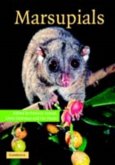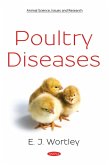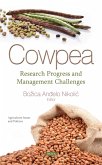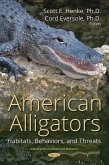Marsupials and monotremes are the dominant mammalian fauna in Australia, Papua New Guinea (PNG) and parts of South America. Monotremes are unique; they possess a range of reptilian and mammalian characteristics. Marsupials are highly diverse and occupy a wide range of ecologically diverse niches and habitats. They have distinct physiologies and their ability to control foetal development and nurture extremely immature young is providing beneficial insights into developmental physiology and human medicine. Insights into marsupial herbivory are benefitting agriculture and climate science. Studies on these mammals that have or will benefit mankind in medicine, agriculture and environmental science have been highlighted. This book covers current knowledge of all aspects of the basic biology and ecology of marsupials and monotremes including evolution and biogeography, genomics, musculoskeletal anatomy, thermal regulation, reproduction, nutrition and feeding strategies, behaviour and social interactions, health and disease, current conservation status, exploitation and utilisation and finally addresses this question: "Are monotremes and marsupials inferior?" The principal audience for this book will be undergraduate students at the tertiary level. Within these chapters, standalone text boxes have been incorporated with examples of the most up-to-date research undertaken to make the book a resource to research students and scientists. Many text boxes highlight the enigmatic nature of marsupials and monotremes and where knowledge of their biology could be of value to the wider community (medicine, agriculture and environment). This compilation emphasizes the utility of the information being generated from research with these mammals to the wider scientific community.
Dieser Download kann aus rechtlichen Gründen nur mit Rechnungsadresse in A, B, BG, CY, CZ, D, DK, EW, E, FIN, F, GR, HR, H, IRL, I, LT, L, LR, M, NL, PL, P, R, S, SLO, SK ausgeliefert werden.









